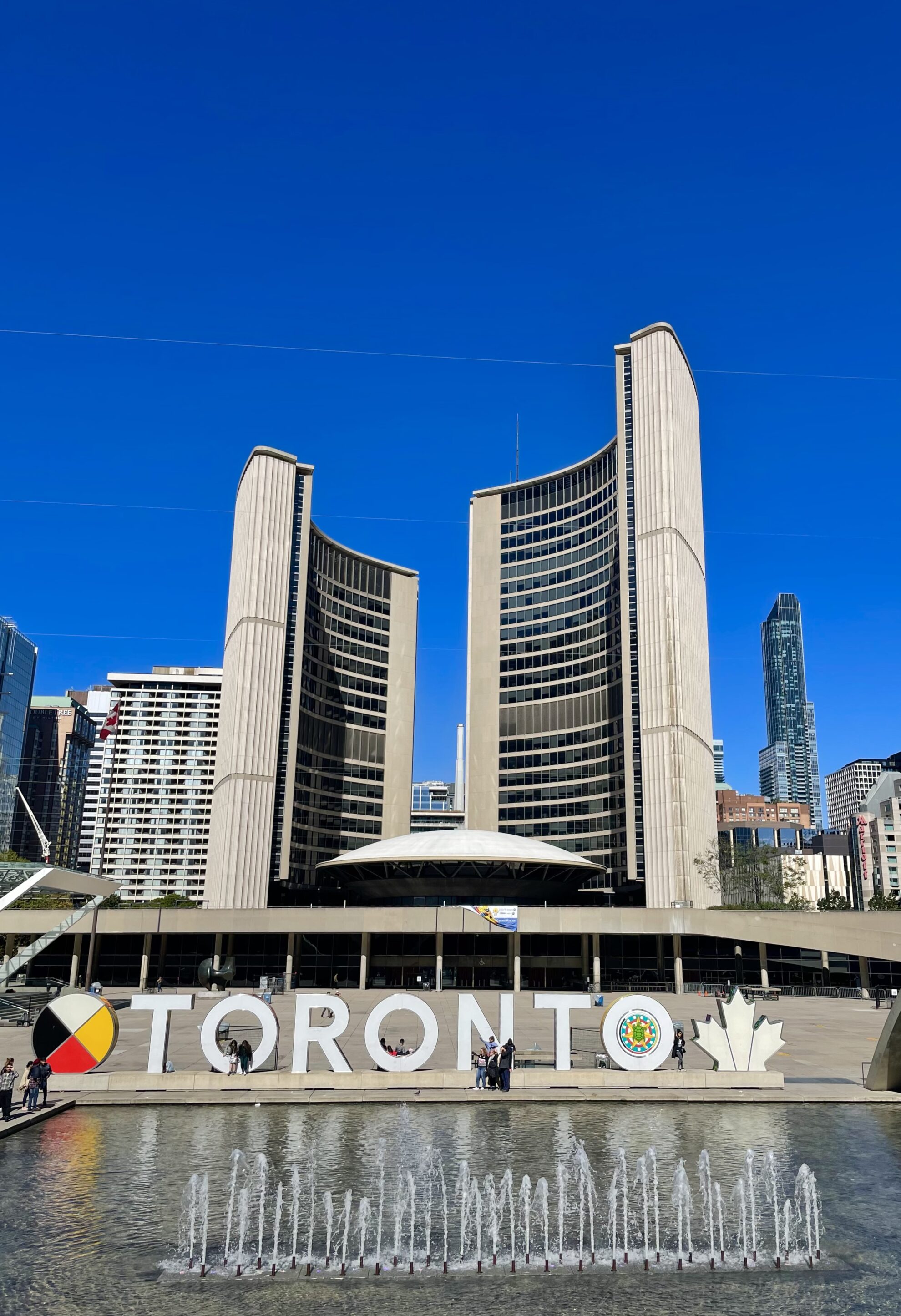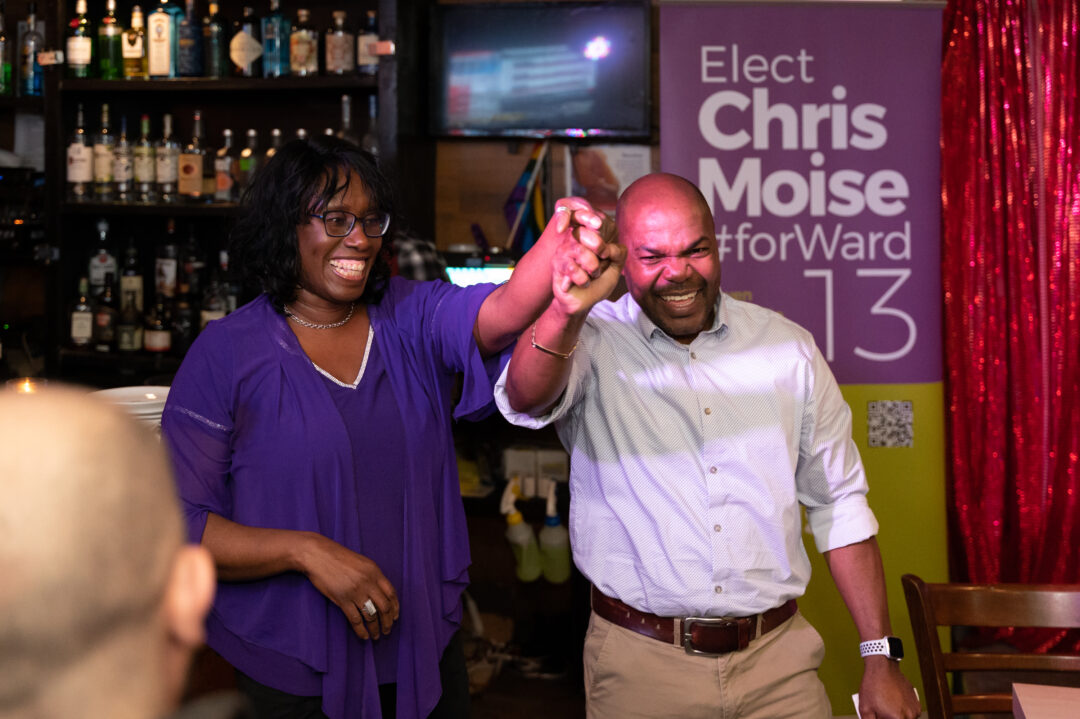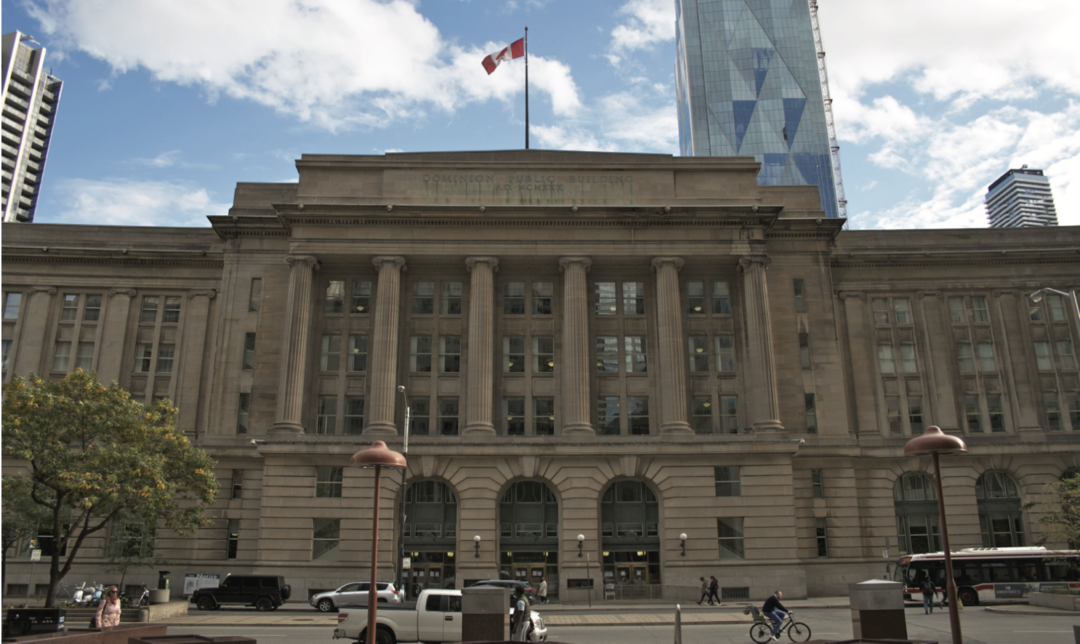By Daryl Gonsalves –
John Tory has been re-elected as mayor of Toronto for a third term. You were likely not surprised to hear that. For many, the recent municipal election felt like a foregone conclusion.
Once Tory completes this four-year term, he will be Toronto’s longest-serving mayor. What value have Torontonians received from Tory steering the city? Some natural questions that come to mind are:
● What caused the low voter turnout and complete disengagement in the recent municipal election?
● What challenges face the City of Toronto?
● What would another (potentially final?) term in office look like for John Tory?
Working For You was Tory’s campaign slogan. While I think it was as effective as ink on a page, you cannot argue with the result: Tory collected 62% of the vote. A poll released almost two weeks prior to election day indicated that Tory was commanding a significant lead (56%) going into the second of only two campaign debates.
Published polling results and associated media coverage and punditry echoing the foregone conclusion manifested directly in voter turnout: a measly 29% of eligible voters in fact voted.
Municipal elections across Ontario showed similar voting trends, with an average of 35% voter turnout, suggesting disengagement of the electorate. I speculate it was also connected to voter fatigue as Torontonians voted provincially this past June and in the federal election a year ago. In both of those elections, the incumbents returned to office and voter turnout was weak.
If Working For You is going to push the City of Toronto forward for the next four years, what will that look like under John Tory?
The campaign poll cited above found inflation, the associated rising cost of living and housing affordability to be the top issues for Torontonians. Tory campaigned on keeping property tax increases at or below the rate of inflation, tackling housing affordability, and building transit infrastructure. Every politician in their final years in office attempts to define their legacy.
Regarding the property tax promise, when you essentially freeze the top line, you need to make up for it on the bottom line. Toronto continues to have one of the lowest property tax rates in Ontario. Municipalities
are required to balance their operating budgets and ours has a huge anticipated shortfall. Tory will have to grow the top line through partnerships that unlock more revenue streams (i.e., funding from other levels of government), or more likely, find ‘efficiencies’ or more realistically, scale back municipal programs.
On housing affordability, Tory is on the right track. Toronto needs to permit more types of housing (duplexes and small apartment buildings) and densification near transit routes or stations. Additional powers granted by the provincial government and Tory’s campaign pledges will make it harder for the mayor to deflect blame to other levels of government or the private sector.
Delivering transit has been infamously difficult in Toronto. Tory has all but abandoned his previous SmartTrack idea to get behind (and try to take credit for) the provincial transit plan that enables four distinct new transit projects that will transform the Greater Toronto Area.
What about the less attractive policy areas that do not necessarily get the same attention but require leadership?
As both a driver and a cyclist, I find Toronto roads too dangerous for all users. Vision Zero is a complete failure, considering the lack of design solutions embedded in our infrastructure and that motor vehicles are too
heavily prioritized. If Toronto wants a revenue opportunity while combating climate change and crowded streets, it should introduce a motor vehicle congestion charge.
Everyone in Toronto knows the city as a concrete jungle, but does it have to be this way? The city should incentivize or lead innovative proposals like the scrapped Raildeck Park or create new significant park spaces.
Finally, most Torontonians view the Toronto Public Library as a cherished public institution. The city’s budget should reflect that, rather than force effective budget cuts taking inflation into account.
If John Tory, as Toronto’s longest-serving mayor, continues Working For You, he should start taking risks and pursuing bold solutions to the wicked problems that the city faces; they demand creative and out-of-the-box solutions. Can he step up to the task in his third and potentially final term?




